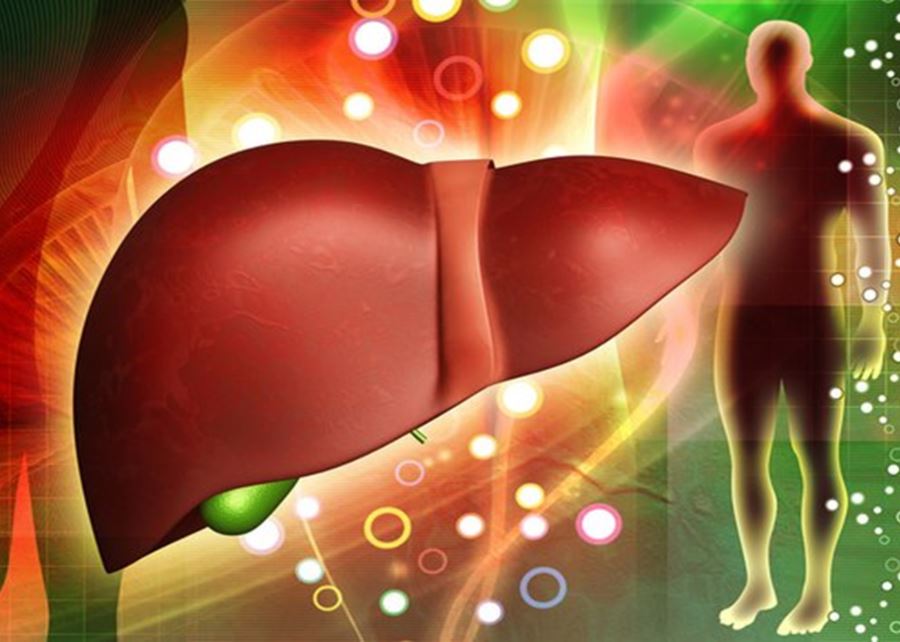
Let’s talk about the liver and some really important things you can do to help improve your ability to detoxify and reverse damage to the liver.
Contents
Food for the liver
For example, there is a personal experience of one man with having a very damaged liver who has no residual symptoms from it and he seems to have resolved his liver problems. But, if he goes off his plan just a little bit, he will start to experience symptoms of a liver problem. Sometimes, when people will have this idea that if you cure something, you can then go back to your normal diet or your regular diet and be able to tolerate some of those foods.
For example, let’s take diabetes. People usually ask if a special diet fixes the diabetes, so they can then go back to their regular plan. Unfortunately, it is impossible because that would be equivalent to having a car that runs on unleaded. In this situation, you’re going to switch to diesel and think that your car is going to run normal, if you put diesel in an engine that’s not designed for diesel.
After that, you ruin it, you can’t go back to diesel. You have to use the fuel that that car is designed to run on. The same thing with the body. Our bodies were meant to run on ketone fuel. Any glucose that it needs, it can make very easily. This especially applies to the liver, if you overload the liver with too much glucose or carbs, it’s not going to work right. So, the liver needs certain things to function.
What is glutathione?
Glutathione is one of the most important antioxidants for your liver and pretty much for all your cells. All your cells have glutathione in it in very large quantities and it’s very important. It can be called a superhero because it’s there to protect the liver, it’s there to help repair the liver from damage.
Benefits of glutathione for your liver
Glutathione is well researched and so it’s heavily involved with the repair actions of the liver, as well as the detoxification function of your liver. Whether you have a fatty liver, or an inflamed liver, or scar tissue, or cirrhosis of the liver, maintaining your glutathione levels is going to be a very important thing to do. As far as detoxification, glutathione has special affinity for heavy metals, especially mercury. It pulls it out of the brain and brings it to the liver and out through the bile. It gets it out of the body.
The miraculous helps to change poisons that are fat soluble, that are stuck in the body to water-soluble harmless particles. It helps to break down things, like hydrogen peroxide, that your cells make as one of the defense mechanisms in the immune system. Your body makes a lot of hydrogen peroxide, so glutathione comes in there and helps to neutralize that.
If you have overdosed on something called acetaminophen, glutathione could come in there and neutralize that effect. If you drink a lot of alcohol, glutathione can help minimize the damage to your liver. If you are taking medications on a regular basis, you should be making sure your glutathione is at a higher level. There are so many health conditions that are connected to low levels of glutathione.
There’s over 75 major diseases that are associated with low glutathione levels. It can also improve insulin resistance, it can help counter exercise fatigue and it can protect the mitochondria, which is one of its main functions. The mitochondria is all about producing energy. When you get damage in the mitochondria, you’re more susceptible to getting cancer. Glutathione is directly involved in keeping the mitochondria from becoming too, so you can prevent cancer, so it’s a really important molecule.
What causes low glutathione?
How do people become depleted with glutathione?
- We get older.
- Trauma. The more trauma you have, the less glutathione you’re going to, and so the need for glutathione goes up. The problem is when you get traumatized, you end up in the hospital, where do they feed you all the things that deplete glutathione.
- Junk food, conventional foods deplete glutathione, alcohol depletes glutathione, stress depletes glutathione.
- Toxins exposure to heavy metals, plastics, chemicals, medications, drugs, all deplete glutathione and increase the need for glutathione.
Over training you go to the gym and you exercise too much. After ending up with low amounts of glutathione and being a pre-diabetic, a diabetic, or eating a lot of carbohydrates, especially refined carbohydrates, sugars, can deplete your glutathione levels.
How to increase glutathione
It happens that beef is loaded with glutathione, so eating beef is a good thing. And eating animal products will give you more glutathione than plant sources. However, plant sources will also give you glutathione, especially the ones that are high in sulfur. That would be like the cruciferous family of vegetables, kale, broccoli, brussels, sprouts, radishes. Sulfur vegetables like garlic, onion are very good to increase your glutathione. When you have your animal meats, like whether you have your beef or your fish, add the garlic and onion to it to optimize that glutathione.
There’s other supplements you can take to increase your glutathione as well.
- NAC
- ALPHA LIPOIC ACID
- CURCUMIN
- Vitamin D (learn more about the benefits of Vitamin D)
- SAMe
- Increase Selenium
- Melatonin (The melatonin that you can get from being exposed to infrared light. So being out in the sun will increase melatonin, which will then increase glutathione. Melatonin is a very powerful antioxidant. Also, the sun lowers your stress levels. Learn more how to increase Melatonin.
Key takeaways
It’s important to understand the mechanics of glutathione, so you can understand that if you were traumatized, for example, you have an injury, you definitely start getting more glutathione to counter that effect. Maybe, you slipped off your program and drank some alcohol, so you should beef up your glutathione levels. The older you get – the more stressed you are, the more that you have to take medications – the more important is to keep your diet really clean to increase your glutathione to counter and neutralize the effect that these things can have on your body.

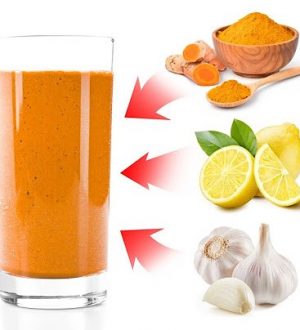
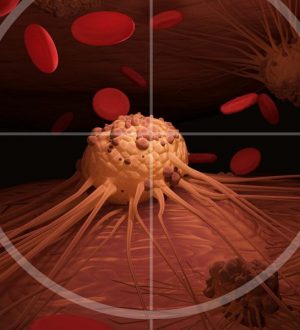
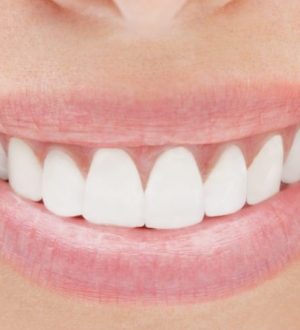
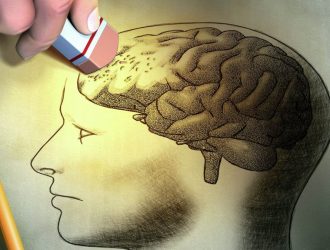

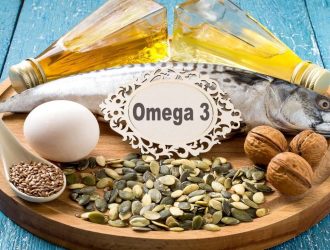

One day in 2019, my annual health check came back with SGPT almost in the 400 (the max number of normal SGPT is 40). My doctor got frightened of liver failure and run a test on me for a week. Turned out it was NAFLD. I started living healthy and lost 28kg over 2yrs, from 106 to 78. Bringing my body into normal BMI.
My SGPT slowly came back into normal level. Never again I want to come back into unhealthy eating.